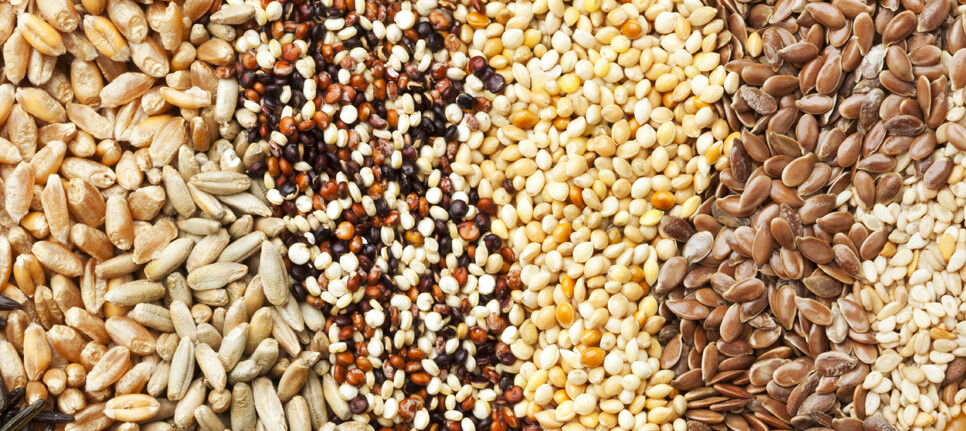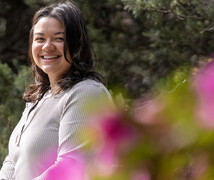Everyone is talking about the health benefits of eating flaxseeds, chia seeds, quinoa, and other seeds. Is there a seed of truth behind all the hype? Amrit Manes, MD, Duke Primary Care Morrisville, and Tracy Kendrick, MD, Duke Primary Care Waverly Place, answer common questions about seeds and nuts.
Do Seeds Have Special Nutritional Benefits?
Manes: Seeds are great sources of protein, minerals, and other life-enhancing nutrients. Many studies have shown that different types of seeds, when part of an overall balanced and healthful diet, can prevent weight gain, the development of heart disease, and the accumulation of LDL (otherwise known as “bad”) cholesterol.
Kendrick: Seeds play an important part in the Mediterranean diet, which is recommended for heart healthy living. The Mediterranean diet is typically high in fruits, vegetables, whole grains, beans, nuts, and seeds, and includes olive oil as an important source of monounsaturated fat. Recent studies have linked the Mediterranean diet with overall improved health status, lower deaths from heart disease and cancer, and decreased incidence of Alzheimer’s disease and Parkinson’s disease.
What's the Difference Between Seeds and Nuts?
Manes: Both nuts and seeds are a vital part of our diet. A seed is the part of a plant that contains the embryo of a future plant. To provide the embryo with a good source of energy, the seed contains stored nutrients and oils that make the seed high in fiber, vitamins, and monounsaturated fats.
Kendrick: Nuts are actually the fruit of the plant, and they contain that plant’s single seed within them. Nuts are also healthful foods, and nutritionally they are similar to seeds—every nut and seed has its own mix of vitamins and minerals, in addition to fats and dietary fiber.
Quinoa and Chia: Are Some Seeds Better than Others?
Kendrick: Not necessarily. Quinoa is usually considered to be both a grain and a seed, and provides many essential amino acids (protein) with less fat than most other seeds. Chia seeds are thought to be beneficial for weight loss, because when the seed is eaten it expands to fill the stomach and gives the sensation of feeling full. However, this fact has not been proved in recent studies.
Who Shouldn't Eat Seeds?
Manes: In the past, doctors recommended that people with diverticulosis avoid seeds and nuts, as these tiny particles could lodge in the diverticula (small pouches in the gut lining) and cause inflammation (diverticulitis). But there is no scientific evidence that seeds and nuts cause diverticulitis flares. In fact, eating a high-fiber diet—which may include nuts and seeds—may reduce the risk of diverticular disease. That being said, if you have diverticulitis and you believe that nuts and seeds trigger your attacks, avoid these foods and get your fiber from other dietary sources. Also, you can certainly eat too many seeds. Because they contain a concentrated source of fat and calories, it is best to enjoy them in small amounts—one-eighth to one-quarter cup, three or four times a week. I recommend eating only organic seeds. Try to avoid irradiated or roasted seeds—stick with raw seeds when you can.
Kendrick: Seeds do have natural toxins—the seeds need them to survive in the wild. Most healthy people can process these toxins without problems, but some patients who have a compromised immune system should avoid seeds. The phytic acid in seeds and nuts can affect our digestive system by binding to minerals like calcium, iron, and magnesium and preventing them from being absorbed. It can be removed from the seeds by soaking them in salty water overnight and then letting them dry before storing them. Some nuts and seeds also contain lectin, which can irritate the gut lining and create inflammation in some people.





